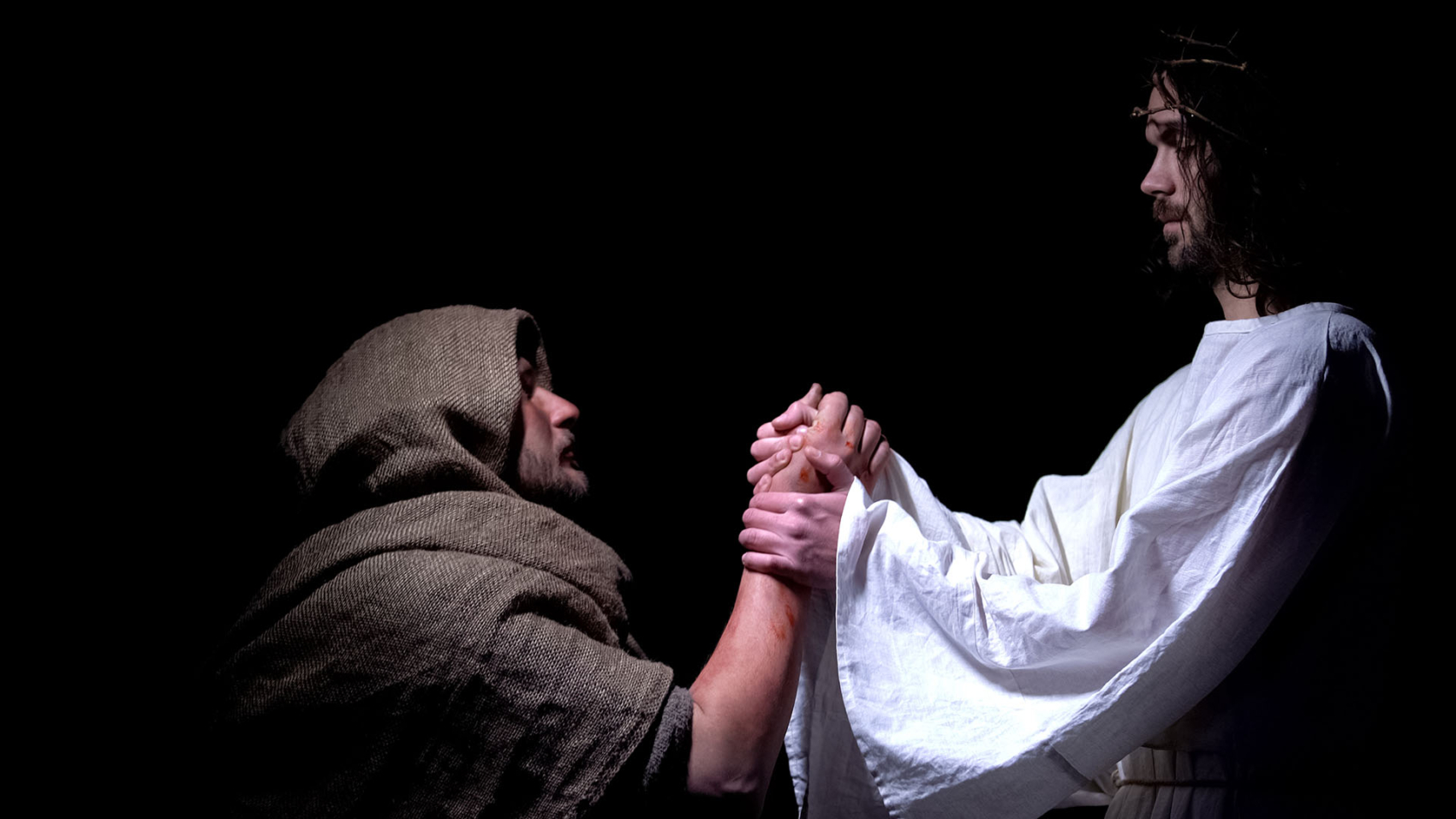Yeshua comes to the Temple to teach, and some of the chief priests and elders of the town question the provenance of his expertise: “By what authority are you doing these things? Who gave you this authority?” (Matthew 21:23).
Immediately, Yeshua answers by asking them a question that puts them on the spot: “Where did John’s baptism come from? From heaven or from men?” (Matt 21:25). The dynamic that Yeshua presented to them was very simple – if they answered his question, Yeshua would answer their initial question.
But the chief priests and elders decided otherwise, for they came to the conclusion that they would be exposed before Yeshua and the people, as detailed in Matthew’s account:
“They began to argue among themselves, ‘If we say, “From heaven,” He will say to us, “Then why didn’t you believe him?” But if we say, “From men,” we’re afraid of the crowd because everyone thought John was a prophet.’ So they answered Yeshua, ‘We don’t know’” (Matthew 21:25-27).
Something of vital importance that we can derive from this confrontation between the priests and Yeshua is their knowledge that the people recognized Yochanan Ben Zejariah, known to many as John the Baptist, as a true prophet, one who had been sent from YeHoVaH.
This popular awareness is also associated with the prophet Samuel: “All Israel from Dan to Beer-sheba knew that Samuel was a confirmed prophet of YeHoVaH” (1 Samuel 3:20).
Today, we observe many people who proclaim to the world at large that they are sent from heaven. But how can we know whether someone is a true prophet of the Most High? How could our ancient counterparts distinguish between a man of YeHoVaH and a false, self-proclaimed teacher? 1 Samuel 3:19 gives us a clue: “Samuel grew, and YeHoVaH was with him, and He fulfilled everything Samuel prophesied.”
This supports one of the criteria that Moses gave us in the Torah to distinguish between true and false prophets: We are told that if a prophet arises and “speaks in the name of YeHoVaH, and what he said does not happen, nor does it come to pass, it is a word that YeHoVaH has not spoken; with presumption the said prophet spoke it; don’t be afraid of him” (Deuteronomy 18:22).
The Torah offers yet another touchstone for identifying a false prophet: “When a prophet speaks in the name of YeHoVaH, and the message does not come true or is not fulfilled, that is a message YeHoVaH has not spoken. The prophet has spoken it presumptuously. Do not be afraid of him” (Deuteronomy 13:1-3).
Beloved brothers and sisters, the Bible truly enables us to distinguish between the true men of YeHoVaH and those who would prophesy in vain. So let us be diligent and continue to study and apply the Holy Scriptures!



